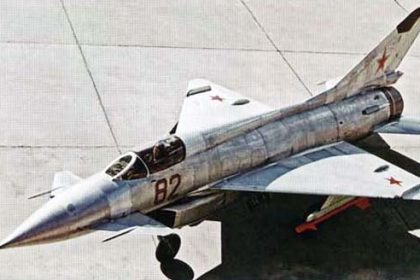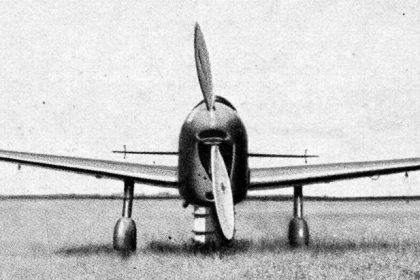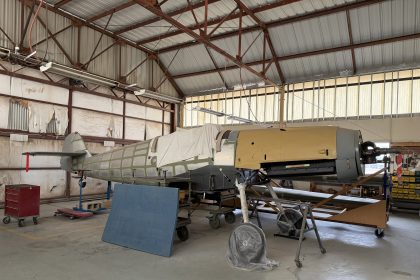“Vintage Aviation News staff did not write this article; the content comes via our partners who wish to help support our website.”
Many people in today’s society investigate how to experience extreme excitement and euphoria. There are now many new ways to satisfy that need for adrenaline, from extreme sports to video games. Think about the thrilling suspense of high-stakes online casino games, and compare it to the adrenaline rush of flying high in the sky, whether it’s operating a small aircraft, skydiving from 15,000 feet, or just gliding above the clouds. Read on to see how the two events differ and to find out why they are so appealing.
The Psychological and Physical Highs of Flying
During takeoff and landing, which are frequent triggers for flight anxiety, flying causes a lot of mental and physical changes. Symptoms of this anxiety can include a racing heartbeat, heavy sweating, and a general feeling of dread. According to experts, a natural “fight or flight” reaction is set off by perceived threats and a feeling of not having control in a flying environment.
Aside from anxiety, travelers often feel very emotional during flights. Low oxygen levels and low humidity in the cabin can cause slight hypoxia and dehydration, which can make it hard to control your emotions. Jodi De Luca, a psychologist, says that the stress of travel and the unique conditions of flying can make people more likely to have emotional reactions, like crying during movies they weren’t supposed to. Interestingly, this feeling of greater emotional sensitivity in the air is similar to how players feel when they’re fully immersed in an online game. Just as gamers might seek free chip offers with no deposit needed to improve their experience, travelers might find that certain in-flight conditions amplify their emotional responses.
The Psychological and Physical Highs of Online Gaming
Online games can make you feel many feelings, from happiness when you win to anger when you lose. Players typically feel excited, angry, or let down when they’re playing. These feelings are affected by how the game is made, how competitive it is, and how much the player cares about the game. For example, a study found that gamers felt both good and bad feelings while playing, with more anxiety and stress happening when they played for longer periods of time.
A big part of gaming is also the idea of “flow,” which is a state of deep immersion where players lose track of time and are fully involved. This state is marked by focused attention, a feeling of being in charge, and pleasure from within. Players in this state often feel in control, and highly engaged, which leads to a deeply satisfying moment.
Long game sessions can have several negative effects on your body. Too much time spent in front of a screen is linked to not getting enough sleep, insomnia, and problems with your circadian schedule. Too much game have also been linked to headaches, eye strain, and issues with the muscles and bones, like neck and back pain. Because video games make people sit down and do nothing, they make people worry about being inactive, which can lead to obesity and other health issues.
The Role of Control and Environment
When people play games online, they have a lot of power over what they do and can make decisions that have direct effects on the results. This feeling of control keeps players motivated because they know their choices have an effect. Flying, on the other hand, is a passive experience for people; they don’t have much control over the trip. It can be stressful and uncomfortable not to be able to control things during trips.
The settings for games and flying are extremely diverse. Virtual and customizable gaming surroundings let players change settings to their liking. On the other hand, flight cabins are small, noisy places where people are exposed to changes in altitude and noise.
Potential Risks and Addictive Behaviors
Flying
Chronic stress from flying a lot can make you tired, have trouble sleeping, and have worse mental health. Studies indicate that pilots who are under a lot of stress report being more tired and having more trouble sleeping, which can be bad for their mental health. Researchers have also found a link between long-term flight stress and conditions like PTSD, anxiety, sadness, and musculoskeletal problems like back and neck pain.
Online Gaming
The World Health Organization (WHO) defines “gaming disorder” in its International Classification of Diseases (ICD-11) as a behavioral addiction marked by losing control over gaming, putting gaming ahead of other activities, and continuing to play even when bad things happen. Withdrawing from society, being irritable, and ignoring personal duties are all signs.























